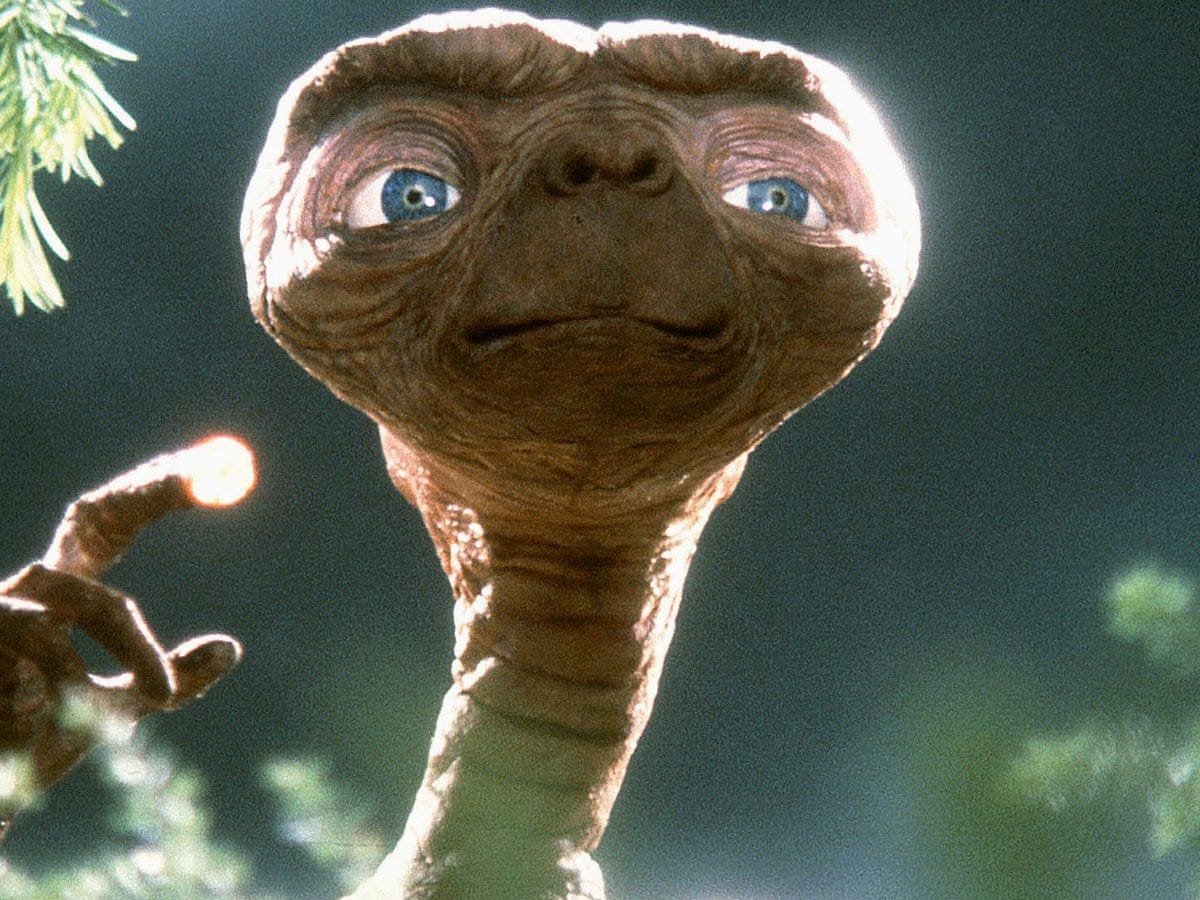November 25th
Issue 37.3
Good morning!
Welcome to Issue 37.3 of Digestable, your daily mouthful of real things happening in the world, minus alarmist pandemic news.
I’m all ears for your feedback, or if you’re already a fan, share this email with your friends. If you’re not yet on the list, click below to sign up.
Today’s news, fermented:
Ok y’all, today’s theme is aliens.
Yes, aliens.
Gabriel, writer of Monday’s column and catalyst behind some of my best ideas, sent me this absolutely obscene article, which set me off on an alien tangent. And here we are.
The article they sent is Baby Yoda Canceled Amid Accusations of Genocide. I had to read a lot of this article twice to even begin to grasp what was going on, because I am lost without Latifah’s analysis of the wilds of pop culture.
Apparently, there’s a show about baby Yoda, mostly because already-small Yoda even smaller is cute (understandable, I guess?). Recently, an episode of this show aired in which the aforementioned baby mercilessly—and for comedic value—snacked on the eggs of an endangered species of frog.
Outrage ensued. Many argued this was insensitive, could give the idea that the real-world equivalent of this is okay, and that the comedic value was not enough to outweigh the cost of portraying something like this. Others counter-protested, saying this was just a joke. A tiny plastic (talk about endangered species!) model of tiny Yoda eating tiny eggs emerged.
Here’s where I landed on the outrage spectrum. I believe many people are able to distinguish between fiction and reality, so stuff that is really fictional can be understood as such. But often fictional worlds are ways for us to understand our own (a la adrienne maree brown’s idea that all organizing is science fiction); a lot of people do have trouble distinguishing between fact and fiction (see: fake news); and lastly, good writers of funny stuff, I believe, should see the world as their oyster of funniness and not need to make jokes about endangered species.
The ideas in Star Wars, Star Trek, and other inter-world/universe stories, can all serve as fodder for real conversations about how we interact with species and planets that are not ours. For example, why are we exploring Mars? We’re clearly looking for evidence of water, and therefore life. Are we looking for those things because we want to set up shop to extract resources as carelessly as we do on our own planet?
Maybe it’s actually a good idea to extract stuff from another planet so that we can leave ours alone. But then will we find ourselves pursuing an interstellar colonization project, where the residents of Earth are taken care of and we send high-tech missions to get what we ‘need’ from elsewhere? Is that okay, right up until we land on another planet with intelligent life? Then what?
(For some bonus content along these lines, go listen to the first episode of The Polyculture Podcast, in which Gabriel and I discuss tensions between nature and culture.)
And what happens if they come to us first, as may (heavy on the italics) have occurred recently in Utah with the appearance of a strange monolith, which echoes the one in 2001: A Space Odyssey (and we know how that ends).
If we use different words, and think about the same story many of us learned in a falsified form as children, and many are re-learning as adults, we see that the story of the ‘discovery’ aka colonization and genocide of Turtle Island, is also an alien story.
Strange beings appeared from basically nowhere, pretended to be friendly for a hot second, and then started taking whatever they wanted and killing people who got in their way. What’s more, those beings brought diseases unknown to the microbiomes of long-term Turtle Island residents, furthering the genocide.
I think (hope) we can agree now that showing up in someone’s place for your own benefit and to their detriment is actually not cool. Colonization fits in this category; evictions, which have just re-started in New York City, does as well. This year, celebrating the holiday that celebrates the colonization of this land does too.
For those of us who are inclined and socialized to move around, thinking about aliens, and beings that move from their place to another, is also an opportunity to consider what is special and beautiful about staying in your place. This is present in the bush baby scene of 2001, in which a small Earthling asks for a distinctly earthly gift from her dad, who is in space.
Of course, this line of thinking is complicated by the fact that many of us are already stuck/in places that are not our place, and/or many of us have more than one place (which interestingly, the NY Times acknowledges in this coronavirus tracker). Perhaps this will be fodder for whatever family Zoom gathering you find yourself in this week.
Here’s E.T., the first alien who taught me about missing home.
(via)
*Hot Goss*
Back next week from the superb Latifah Azlan.


